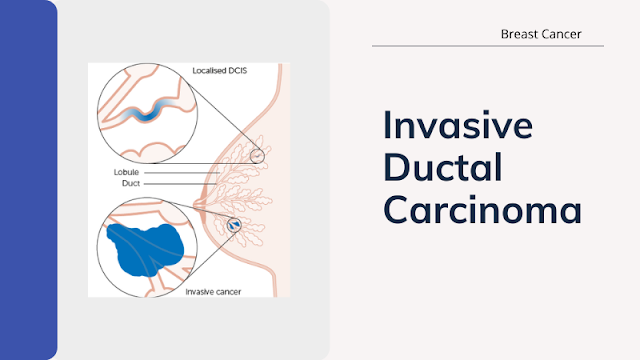Toripalimab Plus Gemcitabine/Cisplatin Shown Improved Survival in Recurrent/Metastatic Nasopharyngeal Carcinoma
According to a randomized trial, "Adding the investigational PD-1 immune checkpoint inhibitor toripalimab to standard frontline chemotherapy significantly helps in order to delay the disease progression in patients with the recurrent/metastatic nasopharyngeal carcinoma.
Outcomes from the phase-III JUPITER-2 trial demonstrated that the addition of toripalimab significantly improved the progression-free survival (PFS) in comparison to placebo, with a median 11.7 months in comparison to 8.0 months (HR 0.52, 95 percent CI 0.36 to 0.74, P=0.0003), reported Rui-Hua Xu, MD, Ph.D., of the Sun Yat-Sen University Cancer Center in Guangzhou in China.
Speaking at a press briefing in advance of the virtual American Society of Clinical Oncology (ASCO) annual meeting, Xu said, "In an interim analysis of overall survival (OS), toripalimab plus gemcitabine/cisplatin also demonstrated benefit over placebo."
"The combination was safe, and no new safety signals were noted," he added. "The outcomes favor the use of toripalimab together with the gemcitabine-cisplatin regimen as the new standard of care for the first-line treatment of recurrent or metastatic nasopharyngeal carcinoma.
Nasopharyngeal carcinoma (NPC), is the most common cancer originating in nasopharynx, most commonly in the postero-lateral nasopharynx or pharyngeal recess (fossa of Rosenmüller), accounting for 50% of cases. Nasopharyngeal carcinoma occurs in children and adults. This carcinoma significantly differs from other existing cancers of the head and neck in its occurrence, causes, clinical nature, and treatment. NPC is vastly more common in East Asia and Africa than elsewhere, with viral, dietary and genetic factors implicated in its causation.
Although the current standard first-line treatment for recurrent or metastatic nasopharyngeal carcinoma is gemcitabine-cisplatin chemotherapy, the duration of the response is typically less than 6 months.
Toripalimab, a monoclonal antibody specific for PD-1, is approved in China as a monotherapy in the 2'nd or 3'rd-line setting, where it has demonstrated durable responses in patients with recurrent/metastatic disease.
In JUPITER-2, a total of 289 patients receiving gemcitabine-cisplatin in the first-line setting were randomized 1:1 to either toripalimab or placebo. Patients were treated with chemo plus toripalimab or placebo every 3 weeks for up to 6-cycles, followed by the toripalimab or placebo every 3 weeks until disease progressed.
The 1-year progression-free survival rate was 49.4% in the toripalimab arm compared with 27.9% in the placebo arm. The overall survival rates at 2 years were noted as 77.8% with toripalimab vs 63.3% with placebo.
Regarding safety, the incidence of grade ≥3 adverse events (AEs) was identical in both the arms (89.0% for the toripalimab patients and 89.5% for the placebo group), Xu reported.
The rate of adverse events leading to the interruption of treatment was also identical (7.5% vs 4.9%, respectively), as were fatal adverse events (2.7% vs 2.8%, respectively). Immune-related adverse events, however, were significantly higher in the toripalimab arm (39.7% vs 18.9%), as were immune-related grade ≥3 adverse events (7.5% vs 0.7%).
American Society of Clinical Oncology Chief Medical Officer and Executive Vice President Julie R. Gralow, MD, commented at the briefing that while treatment advances for the nasopharyngeal carcinoma have lagged behind those of other cancers.
Toripalimab got the breakthrough designation by the (FDA) Food and Drug Administration for the recurrent/metastatic nasopharyngeal carcinoma, fast track and orphan drug status for certain other types of cancer.
"With Food and Drug Administration approval these findings should be proved to be practice-changing," Julie R. Gralow said.




Comments
Post a Comment